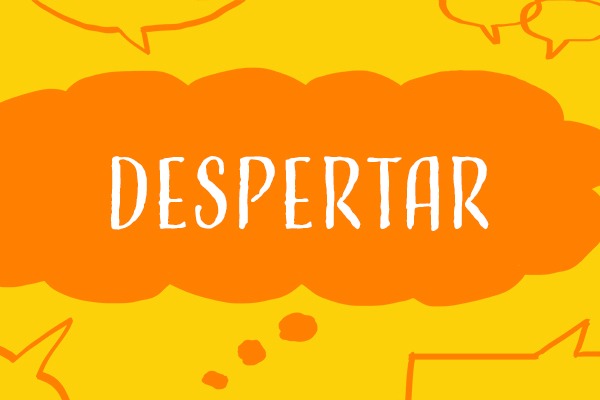This week’s Spanish word of the week is despertar and you can find how to pronounce it here:
function playAudio(url) { new Audio(url).play(); }Despertar is a verb that means to wake … up, that is when you wake someone else up. In other words it’s transitive.
¿Podría despertarme a las siete, por favor? Please would you wake me up at seven o’clock?.
El ruido despertó a toda la casa. The noise woke the whole house.
If you want to describe waking up of your own accord — in other words, the intransitive sense — you use the reflexive, despertarse:
Ayer me desperté muy temprano. Yesterday I woke up very early.
Unless the imperative form is used
Despierta, es de día. Wake up, it’s morning.
Despertar also means to cause or arouse some kind of emotion, such as:
La propuesta despertó gran interés. The proposal aroused great interest.
Esta obra pretende despertar nuestra curiosidad. This work aims to arouse our curiosity.
Come back next week for another insight into Spanish vocabulary!



